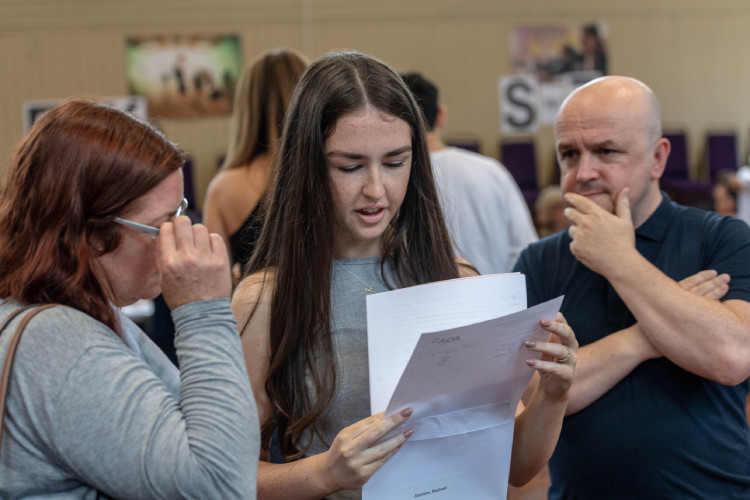Making your own flashcards ensures it’s in a format that you understand best and in your own words. If you are stuck for time, online flashcards such as those on Quizlet or flashcard packs you can buy online can also be very helpful. You can also make your own online flashcards on both Quizlet and Anki. Also, you can add anecdotes to your flashcards, use acronyms, draw diagrams or whatever you find helpful and that will assist your memory. It can be useful to have a question on one side of your flashcard and then the answer on the other; this way you can test yourself. So how do you approach using your flashcards once you have them? Well that is entirely up to you.
How to use Flashcards for GCSEs in 2024?
Flashcards are relatively simple to use:
- Read the question or key term on the front of the card
- Attempt to remember the information without peeking
- Check your answer by looking at the back of the card
As you progress through your flashcards, you can categorise them into different piles:
This method allows more effective revision because you can prioritise the cards that you can’t remember and revisit these the more often.
It’s important to revise every card, even the ones you are confident with, in order to keep the information fresh.
Spaced repetition is the key to revising with flashcards.
Read below for more information on it!



